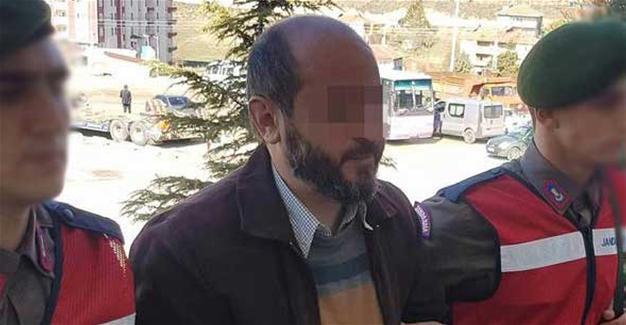Al-Qaeda suspect connected to 2003 HSBC bombing caught in Turkey’s Çankırı
ÇANKIRI
 A convicted al-Qaeda suspect who was detained by gendarmerie on April 19 while working as a village imam in the Central Anatolian province of Çankırı has admitted to involvement in the 2003 HSBC bombing.
A convicted al-Qaeda suspect who was detained by gendarmerie on April 19 while working as a village imam in the Central Anatolian province of Çankırı has admitted to involvement in the 2003 HSBC bombing.Z.Ç. was detained by gendarmerie in Çankırı’s Alıç village following an earlier conviction for membership in al-Qaeda, although the imam also confessed to involvement in the 2003 bombings, in which 27 people were killed in two explosions in Istanbul. One blast destroyed part of the HSBC Bank headquarters in Levent, while the other damaged the British consulate in Taksim.
Z.Ç. was initially detained after the bombings but was subsequently released by a court. He then traveled to Afghanistan, where he became a member of al-Qaeda.
The suspect was later apprehended and extradited to Turkey, where prosecutors opened a case against him for “being a member of a terrorist organization.”
Z.Ç., who was being tried without arrest, was sentenced to six years and three months in prison, but police only succeeded in tracking him down in Çankırı after receiving intelligence.
On Nov. 20, 2003, two suicide vehicle bombs were detonated outside the HSBC offices, as well as the British Consulate, killing at least 27 and injuring 400. Members of an al-Qaeda cell were convicted in the attack.
The British consul general, Roger Short, a 58-year-old career diplomat, was among those killed.
An anonymous caller to the state-run Anadolu Agency said the attack was a joint effort of al-Qaeda and a Turkish group, the Islamic Great East Raiders Front (İBDA-C), the agency reported.
The same group also claimed responsibility for the double bombing of two Istanbul synagogues on Nov. 15, 2003, in which 23 people were killed.
















